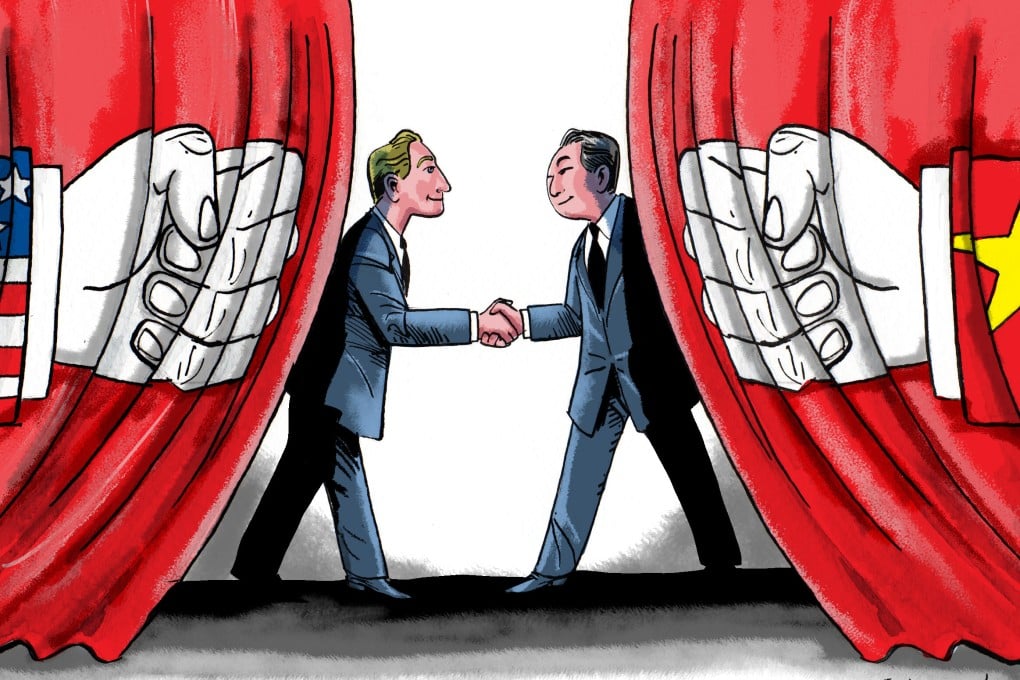Advertisement
Opinion | For China and the US, a welcome return to backchannel diplomacy
- An American banker’s recent visit to China has drawn comparisons with historic episodes that preceded a thawing of relations in the 1970s
- Amid US-China decoupling, it is encouraging that the two sides have resumed backchannel communications, and a reminder that private citizens can play a critical role
Reading Time:4 minutes
Why you can trust SCMP
4

The visit of the influential American financier John Thornton to China this summer has drawn comparisons with another secret trip 50 years ago: then national security adviser Henry Kissinger’s first trip to China.
Kissinger’s 1971 visit was of great consequence: days after Kissinger returned home, president Richard Nixon announced on live television that he, too, would travel to China, realising a US-China rapprochement after two decades of confrontation.
Thornton’s six-week visit this summer may not bring about such seismic change, but it is an encouraging sign that China and the United States are rediscovering backchannel diplomacy – a tool that could be critical to offsetting conflict in their relationship.
Advertisement
The parallel between Thornton and Kissinger’s trips raises expectations for what might come out of the businessman’s visit. It is not known whether Thornton discussed the case of the recently released Huawei executive Meng Wanzhou, but Chinese officials did tell him ahead of time that China would commit to stop building coal-fired power plants overseas, as the Biden administration has called for.
That pledge and the US Justice Department’s withdrawal of its request to extradite Meng have been two rare instances of compromise in recent US-China relations.
Advertisement
Kissinger’s 1971 trip is not, however, the most accurate historical reference point for Thornton’s visit. Thornton is an influential figure: he co-chairs the China-US Financial Roundtable, which comprises Chinese officials and top US bankers, and helped negotiate president Donald Trump’s phase-one trade deal with China. But he is not a government official, even if he did consult the White House about his trip.
Advertisement
Select Voice
Select Speed
1.00x
